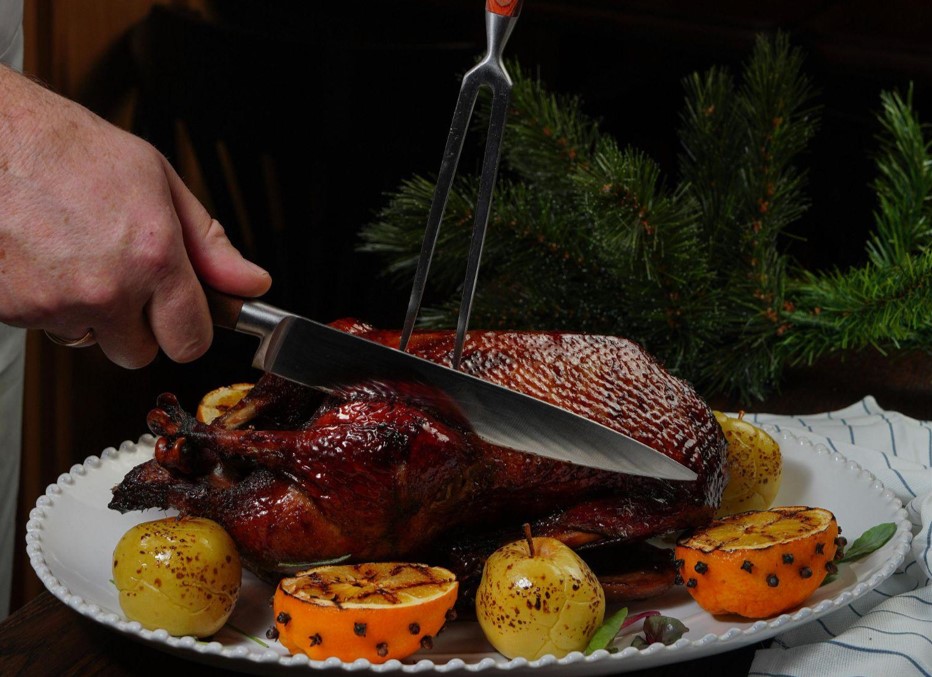The History of Christmas in July
Christmas in July has been celebrated since the early 20th century in countries like Australia, New Zealand, and the United States. The event is usually a marketing gimmick for retailers to sell their seasonal decorations and holiday-themed items during the summer months. Some people argue that celebrating Christmas in July is a way to bring holiday cheer during a season that is usually devoid of it.
The Artificial Christmas Tree Controversy
A heated debate arises when discussing using an artificial Christmas tree during Christmas in July. Some people favor using an artificial tree because it is more cost-effective and eco-friendly. Others argue that using a real tree is more authentic and traditional.
The controversy of using an artificial Christmas tree during Christmas in July also relates to elections. With climate change and environmental policies becoming more significant topics of discussion in the political arena, using an artificial tree can be seen as a more environmentally conscious choice.
However, some argue that using an artificial tree is not entirely eco-friendly since it is often made from non-biodegradable materials and must be replaced more frequently than a real tree. A real tree can be replanted or recycled, making it a more sustainable option.
Another argument for using a real tree is that it supports local farmers and the economy. Purchasing a real tree from a local farm helps support small business owners and provides jobs for the community. This can be seen as a way of contributing to the local economy.
In conclusion, the debate over using an artificial Christmas tree during Christmas in July is complex. It involves issues related to tradition, cost-effectiveness, and environmental impact. While an artificial tree may be a more sustainable option, it is not entirely eco-friendly. On the other hand, using a real tree supports local businesses and provides jobs for the community. Ultimately, deciding which tree to use depends on personal preference and values.




